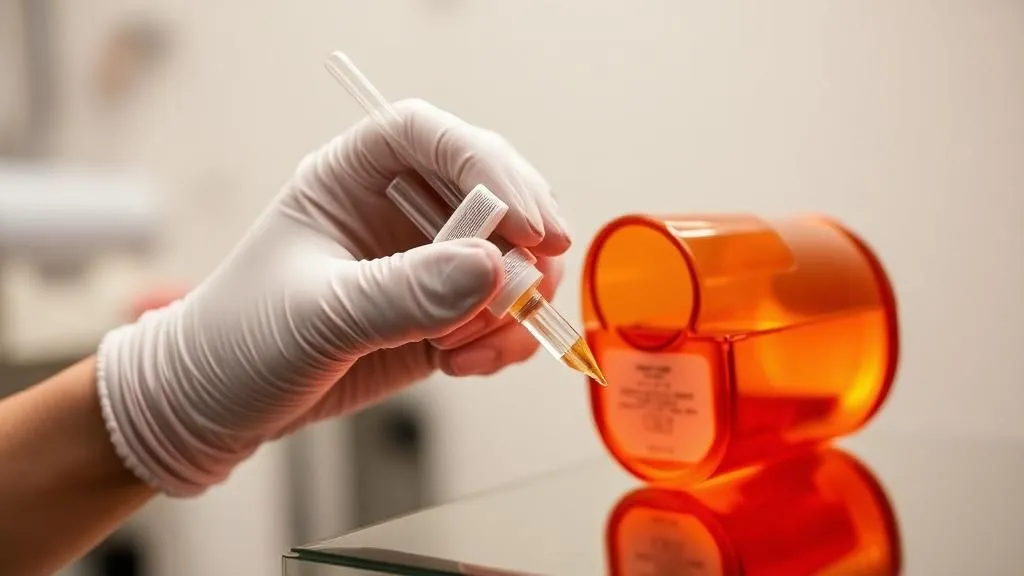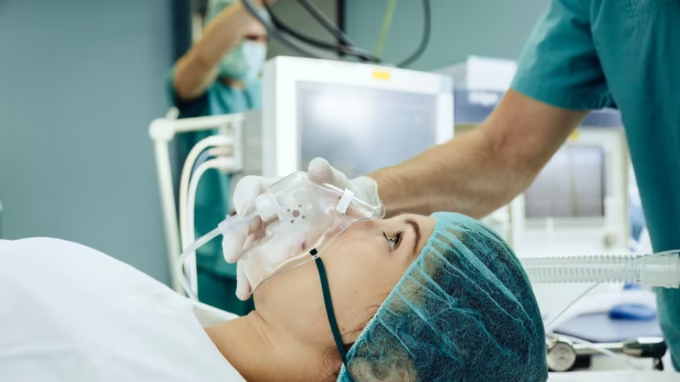Addiction recovery can feel overwhelming, especially for those who have tried to quit on their own and struggled. One of the biggest advantages of entering a treatment program is the structure it provides. This structure not only creates stability but also offers a foundation of hope — reminding people that healing is possible and that they don’t have to walk the path alone.
Why Structure Matters in Recovery
For many individuals, life before treatment is marked by chaos. Unpredictable routines, unhealthy habits, and instability can make sobriety feel out of reach. Treatment centers create the opposite environment. Daily schedules, healthy routines, and consistent expectations help reduce stress and eliminate uncertainty. With structure, individuals can focus their energy on recovery rather than managing crisis after crisis.
This structured approach often includes therapy sessions, group meetings, recreational activities, and time for rest. Having predictable routines can restore a sense of order and help people begin building habits they can carry into life after treatment.
Building Confidence Through Small Wins
Structure provides more than organization — it allows individuals to experience progress step by step. Meeting daily goals, showing up to sessions, and practicing new coping skills all serve as small victories. Over time, these small wins build confidence and self-esteem, giving individuals the courage to keep moving forward.
Finding Hope Through Community
Hope often grows in the presence of connection. In treatment centers, individuals have the opportunity to share their stories, listen to others, and realize they are not alone. This sense of community fosters belonging and accountability, both of which are crucial to long-term recovery.
Peer encouragement can also provide inspiration during difficult moments. Seeing others achieve milestones reminds people that healing is possible, even when the road feels long.
The Role of Professional Guidance
Beyond structure and community, treatment centers provide access to professionals who understand the complexities of addiction. Therapists, counselors, and medical staff can identify underlying issues such as trauma or co-occurring mental health conditions. This expert support reassures individuals that their challenges are valid — and that recovery strategies can be tailored to their needs.
Carrying Hope Into the Future
Perhaps the most important gift treatment centers provide is hope. Structure gives individuals stability in the present, while community and professional care show them what’s possible in the future. When someone learns to trust in the process and in themselves, they are better prepared to create a life free from addiction.
For those seeking support, drug treatment centers austin offer structured environments that not only guide recovery but also inspire lasting hope.














Leave a comment